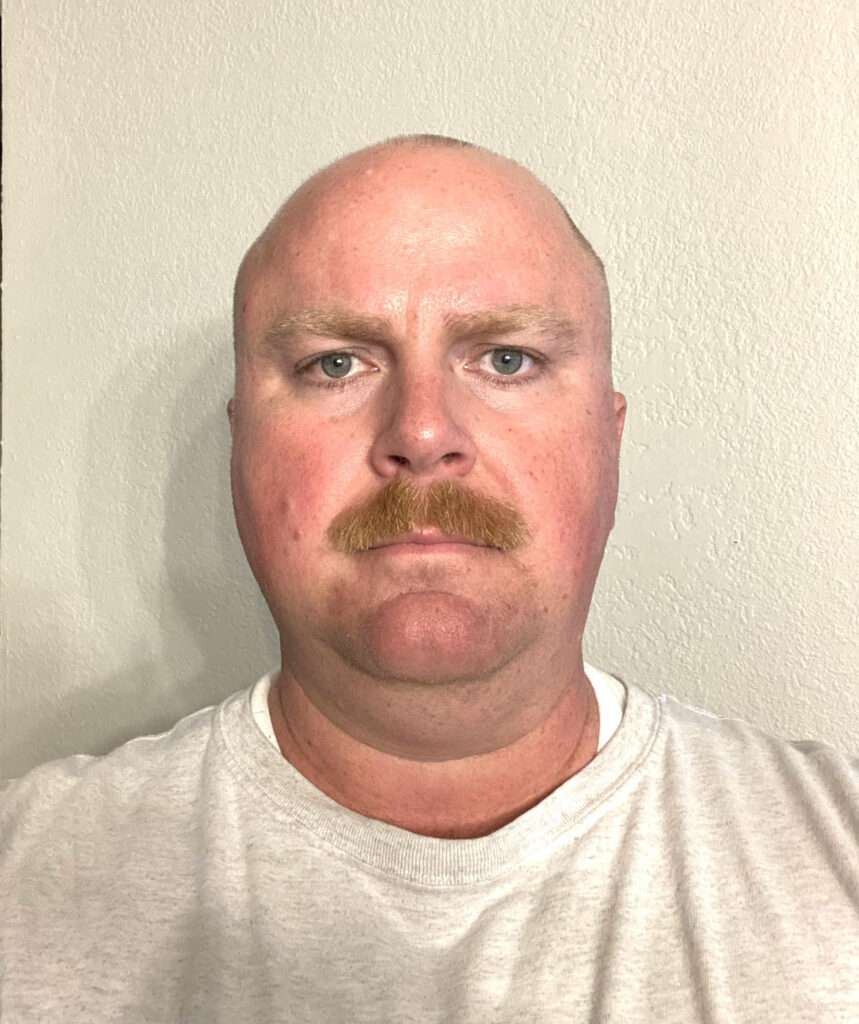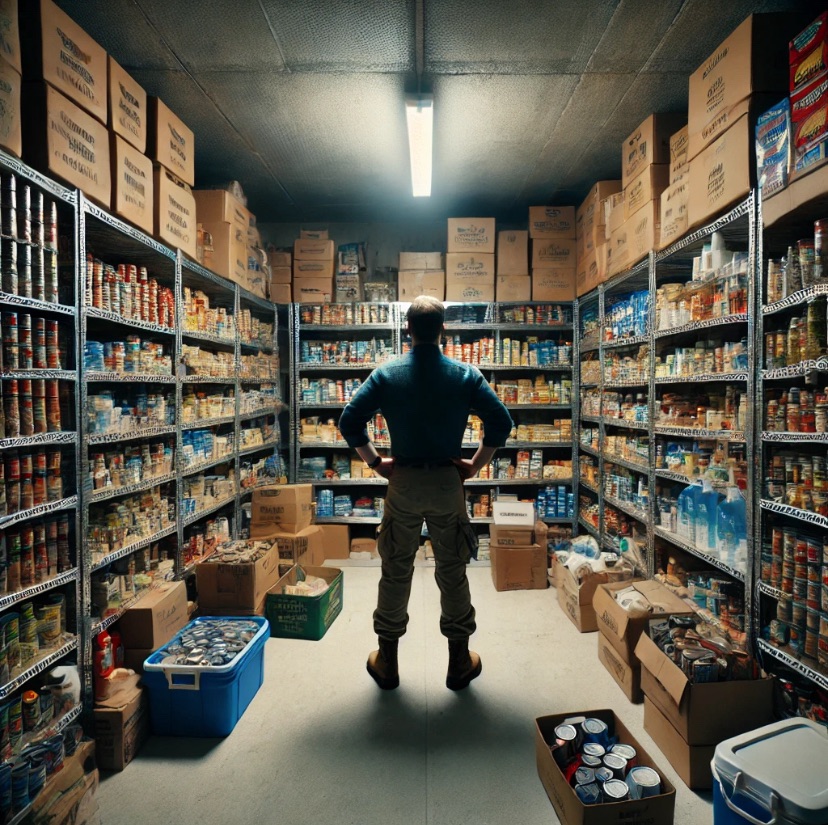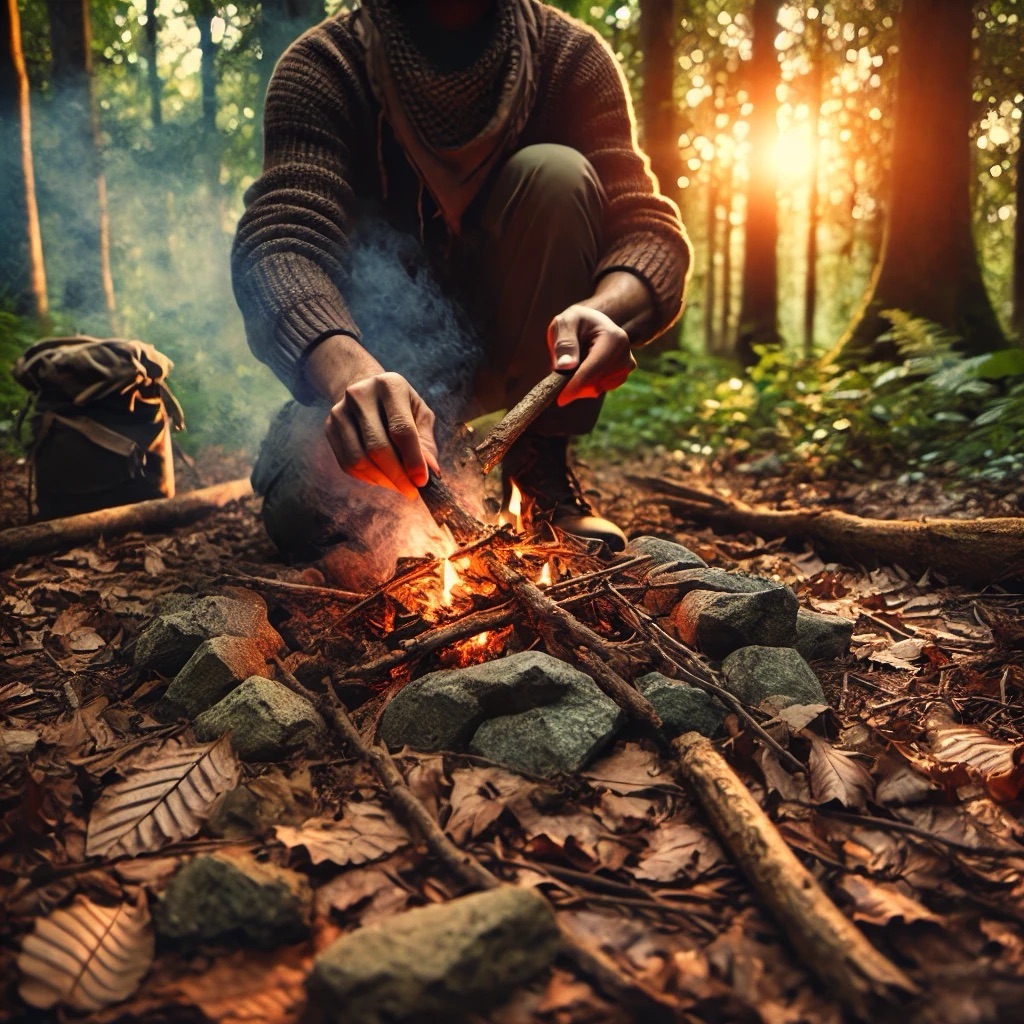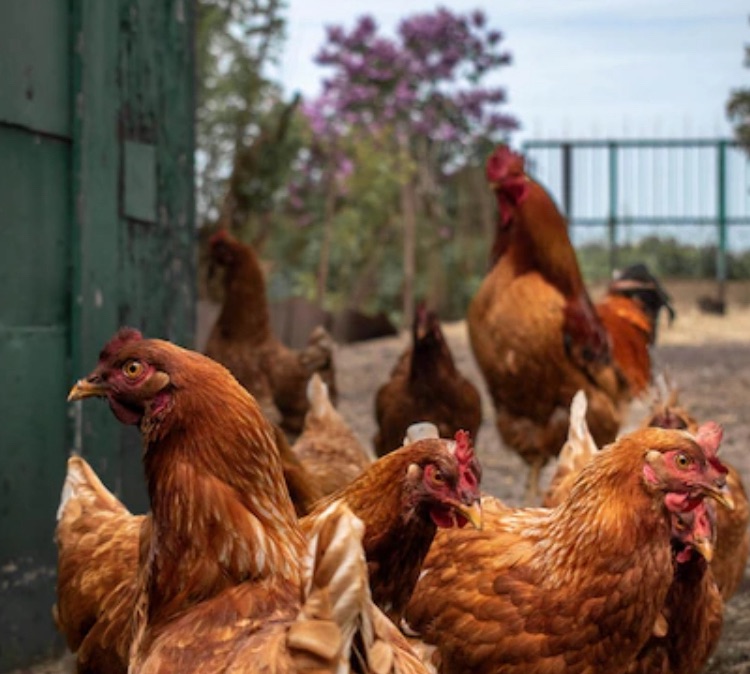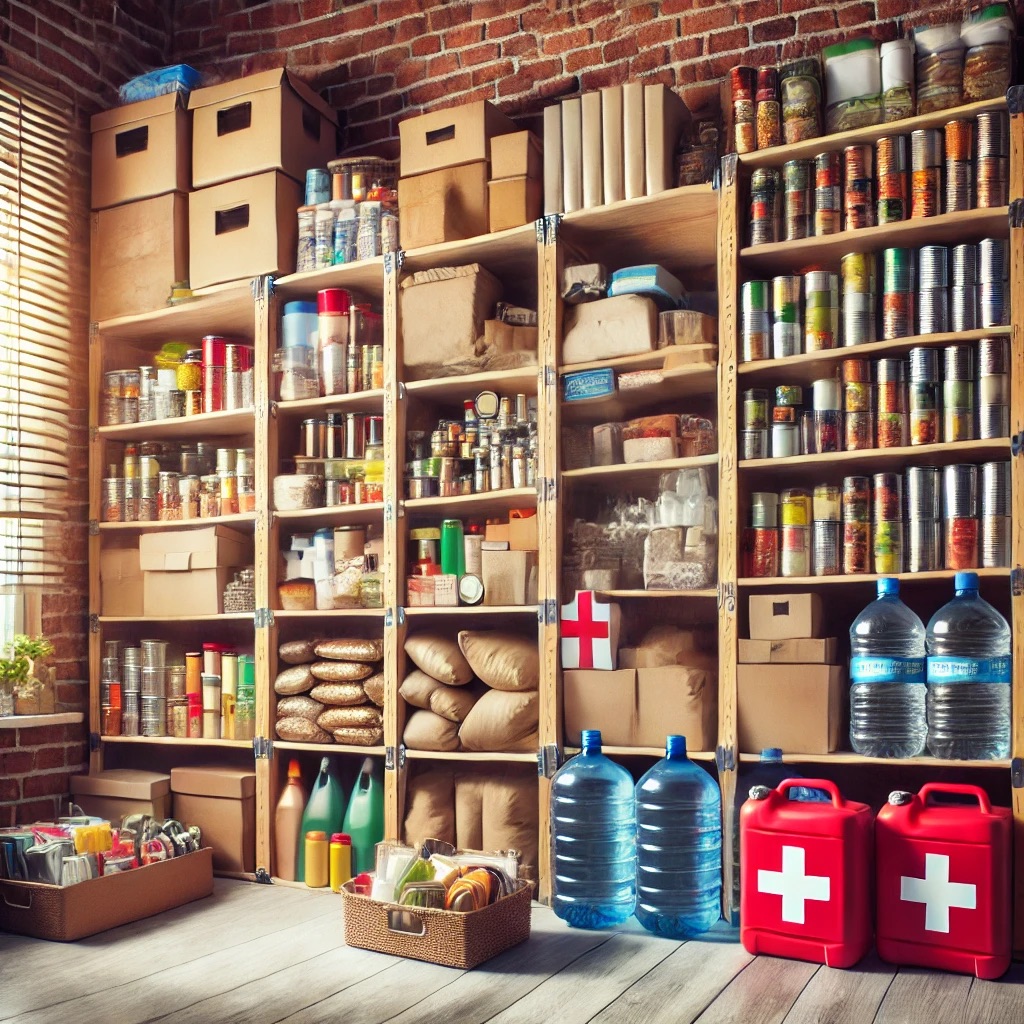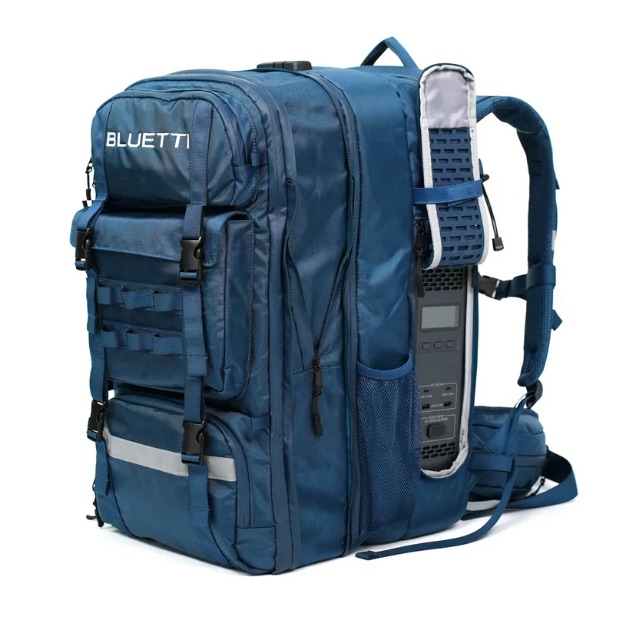In an unpredictable world, the need for self-defense has become more apparent. Whether it’s due to rising crime rates, civil unrest, or natural disasters that lead to lawlessness, the safety and security of individuals and their families are paramount. This reality has driven many to consider arming themselves with self-defense weapons, including firearms, ammunition, and knives. The idea is not about seeking confrontation but being prepared for situations where authorities may be unable to respond quickly or at all.
The principle behind self-defense preparation is simple: it’s better to have the means of protection and never need them than to find yourself helpless in a dangerous situation. However, owning a weapon comes with significant responsibilities, including understanding the legal, ethical, and practical aspects of self-defense. This blog explores why self-defense weapons can be essential, what options are available, and the ethical considerations surrounding their use.
Why Self-Defense Weapons Are Important
The need for self-defense can arise in many forms, from a home invasion to moments of civil unrest. In times of chaos, where looting, violence, and uncertainty reign, having the means to defend yourself and your loved ones can be the difference between life and death. Here are a few reasons why it’s important to consider self-defense weapons:
1. Delayed Law Enforcement Response: During natural disasters, riots, or large-scale emergencies, local law enforcement can become overwhelmed. Response times may be delayed, leaving individuals vulnerable.
2. Home Invasions and Burglary: Criminals often exploit chaotic situations, assuming people are either absent or less likely to defend their property. Being prepared can deter or prevent these threats.
3. Personal Protection: For those who live in high-crime areas or feel particularly vulnerable, having a self-defense weapon can provide peace of mind. Carrying a legal self-defense tool when walking alone or traveling through dangerous areas is sometimes necessary.
Types of Self-Defense Weapons
When considering self-defense options, there are a variety of tools to choose from. The most common include firearms, knives, and non-lethal options such as pepper spray or stun guns. However, for the purposes of this discussion, we will focus on firearms and knives as they are among the most effective self-defense options when used responsibly.
- Firearms for Home and Self-Defense
Firearms are arguably the most effective form of self-defense in dire situations, particularly when facing multiple assailants or intruders. However, choosing the right firearm for self-defense depends on various factors such as ease of use, reliability, and stopping power. Here are three types of firearms that are often recommended for home defense:
• Handguns (Pistols and Revolvers): Handguns are the most popular choice for personal defense due to their compact size, ease of concealment, and relatively simple operation. Semi-automatic pistols like the Glock 19 or Smith & Wesson M&P Shield are popular for their reliability and ease of maintenance. Revolvers, like the Smith & Wesson Model 686, are also great options due to their simplicity and fewer moving parts, which make them less prone to jamming.
• Shotguns: For home defense, shotguns like the Mossberg 500 or Remington 870 are often recommended due to their stopping power. A 12-gauge shotgun can provide a powerful deterrent against intruders, and the spread of the shot reduces the need for pinpoint accuracy. However, shotguns require more training to use effectively due to their recoil and manual operation.
• Rifles (Carbines): AR-15 rifles, chambered in .223/5.56, are increasingly popular for home defense. They offer precision, a large magazine capacity, and can be effective at both close and medium-range defense. However, they can be overpowered for small, enclosed spaces, and over-penetration of walls can be a risk in densely populated areas.
It’s essential to note that, while firearms are highly effective, they require regular training and practice to use safely. Responsible gun ownership also means securing firearms in a safe or using a locking mechanism to prevent unauthorized access, particularly by children.
- Knives for Self-Defense
Knives are another common tool for self-defense, especially in situations where firearms are either not accessible or not allowed. While knives require close contact with an assailant, they can be incredibly effective if used correctly. Some popular knife types for self-defense include:
• Fixed-Blade Knives: These are knives where the blade does not fold, such as the KA-BAR or the Cold Steel SRK. They are durable, reliable, and can be drawn quickly when needed. However, they are larger and more challenging to conceal, making them better suited for home defense or open carry.
• Folding Knives: Folding knives, such as the Spyderco Endura or Benchmade Griptilian, are more portable and easier to conceal. These knives are great for everyday carry (EDC) as they can be clipped onto a pocket and accessed quickly in a self-defense scenario.
• Tactical Knives: Some knives are designed specifically for self-defense, with features such as ergonomic grips, serrated edges, and strong blade materials. They offer a balance of portability and lethality in life-threatening situations.
However, just like firearms, knives should be chosen carefully, and the user should receive proper training in their use. Carrying a knife also comes with legal responsibilities, as knife laws vary greatly by jurisdiction.
Ethical Considerations of Using Weapons for Self-Defense
While self-defense is a fundamental right, it comes with ethical responsibilities. The use of deadly force, whether through a firearm or a knife, must be a last resort. Legal doctrines such as “stand your ground” and “castle doctrine” often allow individuals to defend themselves in their homes or in public, but the ethical implications of using force require careful consideration.
1. Proportional Response: In self-defense, the force used must be proportional to the threat. Using excessive force, such as shooting an unarmed intruder when other non-lethal means could have been effective, raises serious ethical and legal questions. Knowing when to escalate a situation is crucial to responsible self-defense.
2. De-escalation: Whenever possible, the first line of defense should be avoidance or de-escalation. Weapons should only be used when there is an immediate, unavoidable threat to life or safety.
3. Mental Preparedness: Owning a weapon for self-defense carries a mental burden. A responsible gun owner must be prepared to live with the consequences of using deadly force, even in justified situations. This means understanding not only the legal ramifications but also the psychological effects of potentially taking a life in self-defense.
Conclusion: Better to Have It and Not Need It
In times of uncertainty, from civil unrest to natural disasters, being prepared for self-defense is a reasonable precaution. Owning firearms, knives, or other self-defense tools can offer peace of mind and provide a crucial layer of protection for you and your family. However, the responsibility of owning such weapons cannot be overstated. It requires training, knowledge, and an understanding of both legal and ethical frameworks.
The goal is not to seek violence but to have the means to defend oneself if the worst occurs. The principle of “better to have it and not need it than to need it and not have it” holds true—but it must be tempered with responsibility, respect for life, and a clear understanding of the moral implications of using deadly force.

